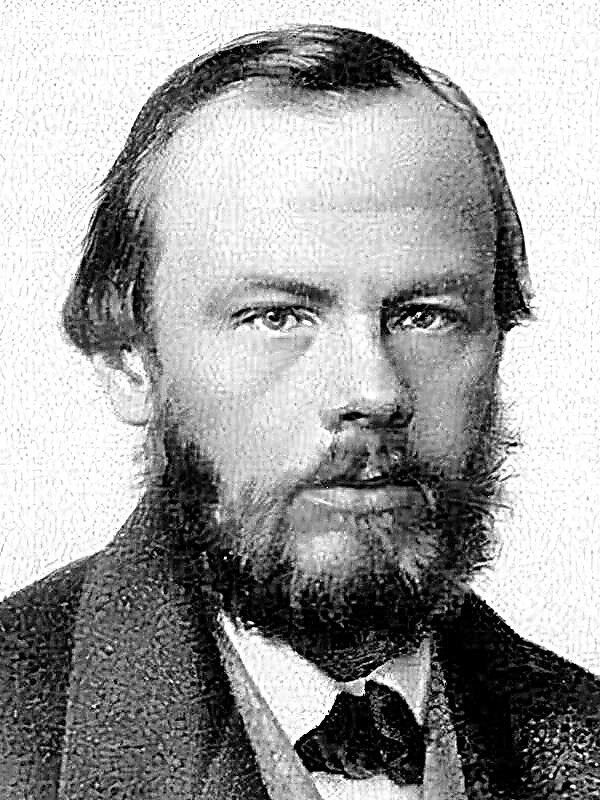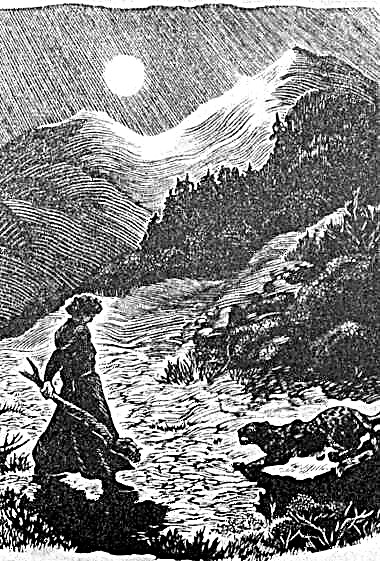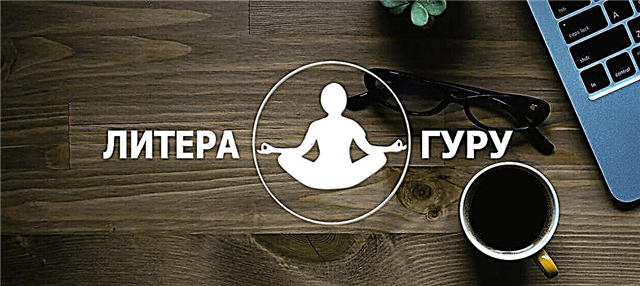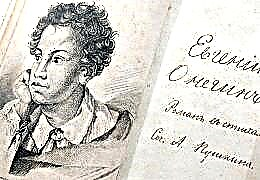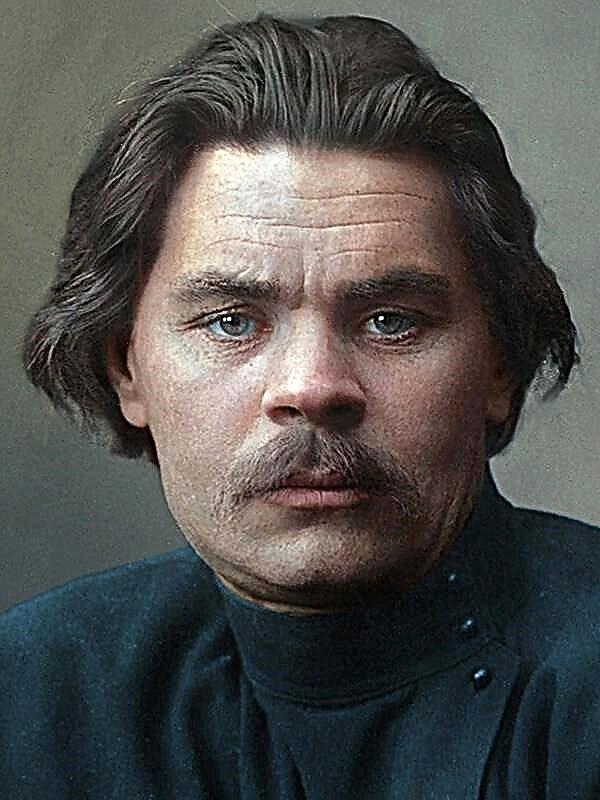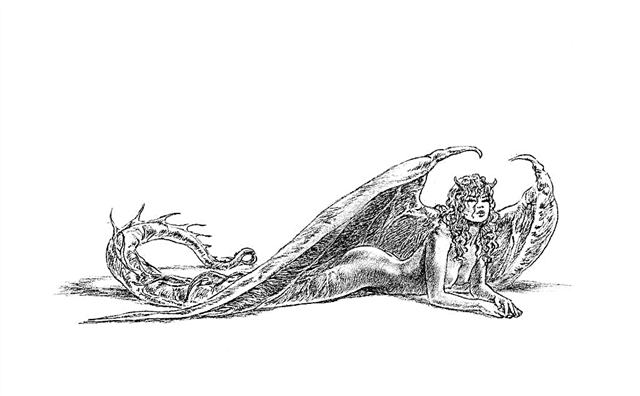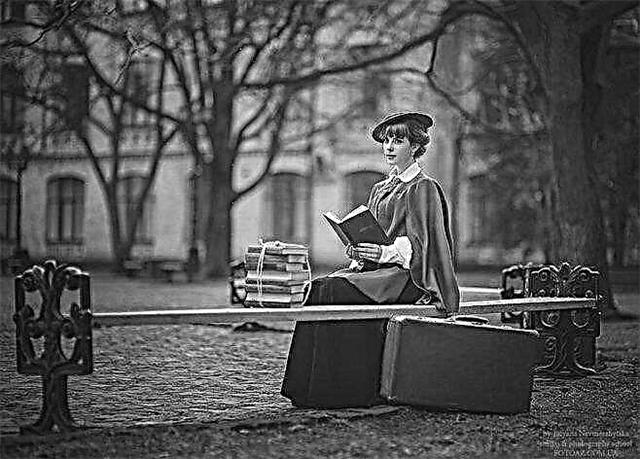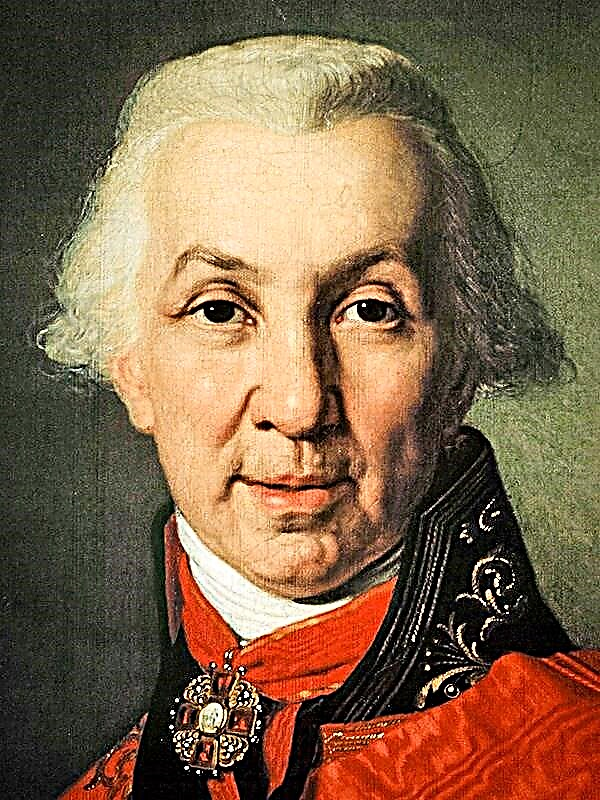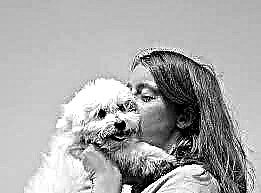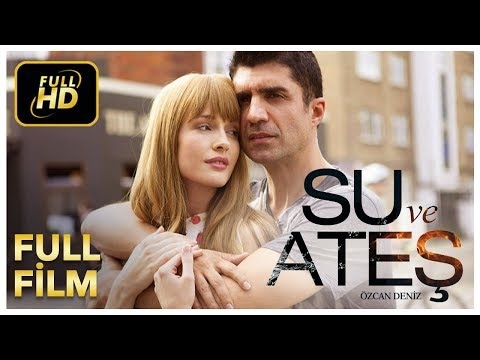(347 words) Amid the darkness of war, people have always sought consolation and a ray of hope, something that would loudly proclaim: “Tomorrow will come! Don’t give up! ” One of these sources of power during World War II was poetry. The exact lines that burst into the hearts of every defender of the Motherland, that they responded with myriads of voices, that they became songs and helped to move forward. Creativity of poets of wartime still excites the consciousness of people. Let us recall some of those who created poetry during the period of bloody struggle.
The poems of Konstantin Simonov amaze with their truthfulness, lively longing, inexorably screaming in every word. His works were close and understandable to every person who was overtaken by the war, because it was about them, it was their reality. Now the lines of this author are familiar to everyone from these poems: “Wait for me, and I'll be back ...”, “Do you remember, Alyosha, the roads of Smolensk ...”, “If your home is dear to you ...”, “Open letter”, “Major brought the boy to gun carriage ... ". The poet Musa Jalil showed the war as it is, with its filth, dull and wild stiffness, blood oozing from the lines of his poems, tears pouring and heart-rending cries of innocent people burst out, but they are also filled with a deafening call to unconditionally go to victory. The most striking works of Jalil: “Barbarism”, “Stockings”, “Spring in Europe” and others. The Soviet front-line poet Yulia Drunina was able to value friendship, incredibly loved her homeland, she knew the cost of life, being in the verge of death in 1943. However, her fate was tragic - Drunina committed suicide in 1991, failing to come to terms with the collapse of the USSR and the collapse of social ideals. From her poems of the war years, one can distinguish: “Zinka”, “I didn’t come from childhood — from the war”, “There are holy places in Russia ...”, “I have seen hand-to-hand fighting so many times.” One cannot fail to mention Alexander Twardowski, his famous “Vasily Terkin”, poetic works “I was killed under Rzhev”, “There are names and there are such dates ...” and others. It is worth noting the sincere, hopeful military poems of the great poet and bard Bulat Okudzhava, such as “And you and I, brother, from the infantry”, “Old Soldier's Song”, “Goodbye Boys”.
I would like to end with a line from the poem of another remarkable front-line poet, who died in the war, Georgy Suvorov, with the words that became, perhaps, the slogan of every person who defended his homeland in the Great Patriotic War: “... We lived our good age as people - And for people".

